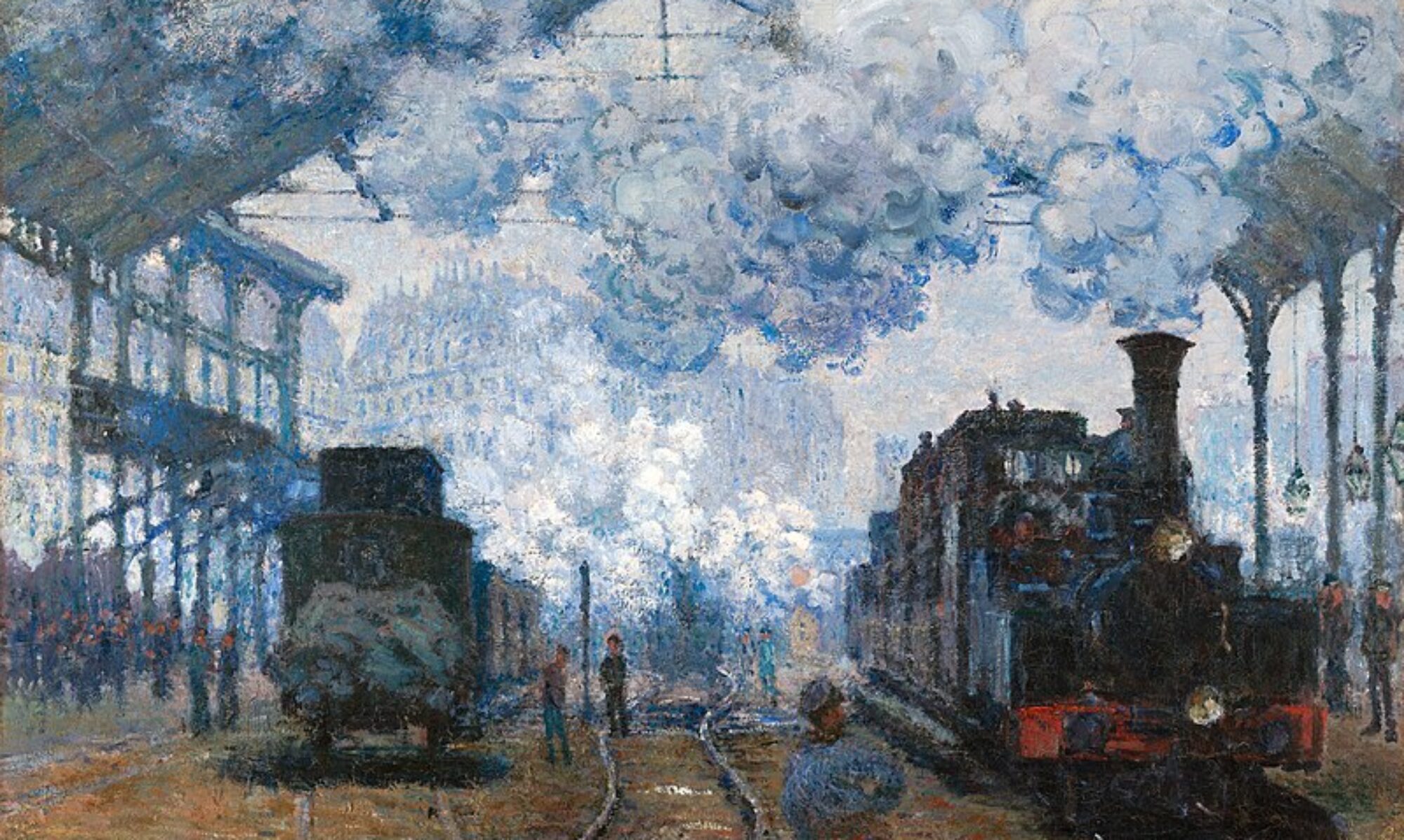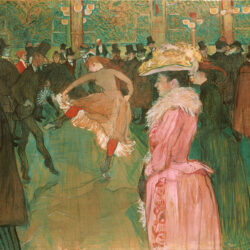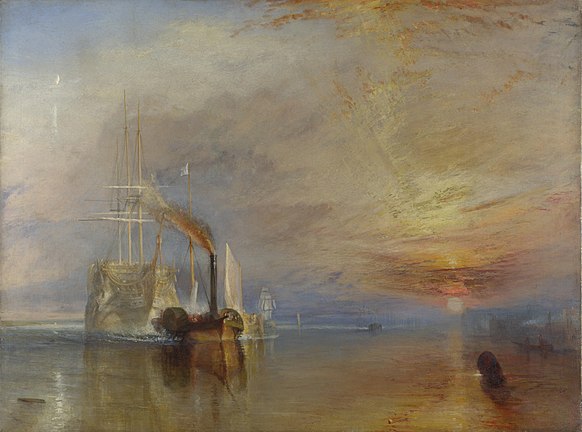Manchester in the 19th century was a prime example of how bad the working class lived in big cities. In our primary source, The Condition of the Working Class in England, Friedrich Engels gives the reader a very descriptive text on just how horrible the living conditions of the proletariats were. He goes into detail about their housing, their diet, their ways of life. On page 85, Engels says, “… these workers have no property of their own, and live wholly upon wages, which usually go from hand to mouth. Society, composed wholly of atoms, does not trouble itself about them; leaves them to care for themselves and their families, yet supplies them no means of doing this in an efficient and permanent manner.”
The way that these people lived was based solely on if they could get work for just enough money to get food, which was practically not edible. It seems that these families were destined to this lifestyle with no means of escaping it. Do you think the proletarians and their future generations were condemned to this life style for their whole time on earth with no escape or were there chances and opportunities for them to try and better their lifestyle and get away from the horrible living conditions?
Friedrich Engels. The Condition of the Working Class in England. Oxford University Press, 1993.


